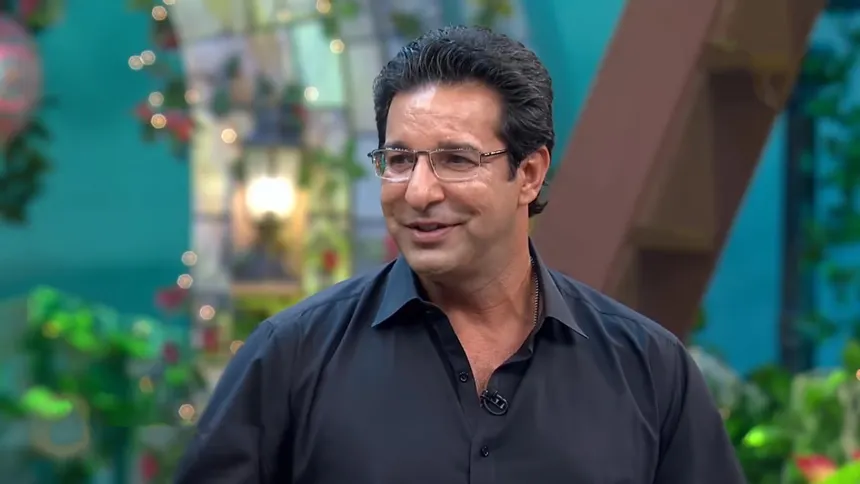
Wasim Akram, one of Pakistan’s greatest cricketing icons, has voiced a passionate plea for the return of Test matches between India and Pakistan. Calling such a series “historic” for fans on both sides, Akram believes it would bring back a level of excitement that modern cricket rarely delivers.
India and Pakistan haven’t faced each other in a bilateral Test series since 2007. Since then, the rivalry has been restricted to ICC tournaments and Asia Cup fixtures, primarily in white-ball formats. For Akram, this absence has left a gaping hole in the cricketing calendar. “I hope to see a proper Test series between India and Pakistan in my lifetime,” he said.
Akram’s statement resonates beyond nostalgia. He pointed out that cricket should rise above politics and act as a bridge between nations. “We are cricketers, not politicians. Our rivalry should be about passion and pride, not hostility,” he emphasized, underscoring the sport’s potential to unite rather than divide.
The former fast bowler also offered a cricketing perspective. He believes Pakistan could challenge India in a Test series, especially on spinning tracks where India has shown vulnerabilities in recent years. Pakistan’s young spinners have impressed in home conditions, while India’s recent loss to New Zealand at home exposed cracks in their batting against spin. According to Akram, this could tilt the balance in Pakistan’s favor if such a series were arranged.
For fans, the return of Test cricket between these two sides would mean more than just runs and wickets. It would revive memories of iconic clashes—Imran Khan’s dominance in the 1980s, Sachin Tendulkar’s brilliance in Chennai 1999, and unforgettable battles that defined an era. Today’s generation has only seen fragments of that magic in T20 and ODI formats. A five-day contest would restore the drama and endurance that make the rivalry legendary.
However, the challenges remain daunting. Political tensions and security concerns have frozen bilateral cricket for over 15 years. Any potential series would require approvals from both governments and boards, a process complicated by diplomatic strain. Despite these obstacles, Akram remains hopeful, arguing that cricket’s power to unite should outweigh divisions.
The financial and cultural stakes of such a series are enormous. Broadcasters and sponsors would flock to it, fans would fill stadiums, and the world would watch. In a time when Test cricket struggles to maintain relevance, an India-Pakistan series could provide the ultimate revival shot for the format.
Wasim Akram’s words are a timely reminder of what cricket stands for—competition built on respect, history, and shared passion. Whether this dream becomes reality depends on more than the game itself. But for now, his call has reignited a conversation that refuses to die: the longing for the greatest rivalry in cricket to return to its purest form—the Test arena.
12BET Shortlisted for Sportsbook Operator of the Year at SBC Awards 2025

